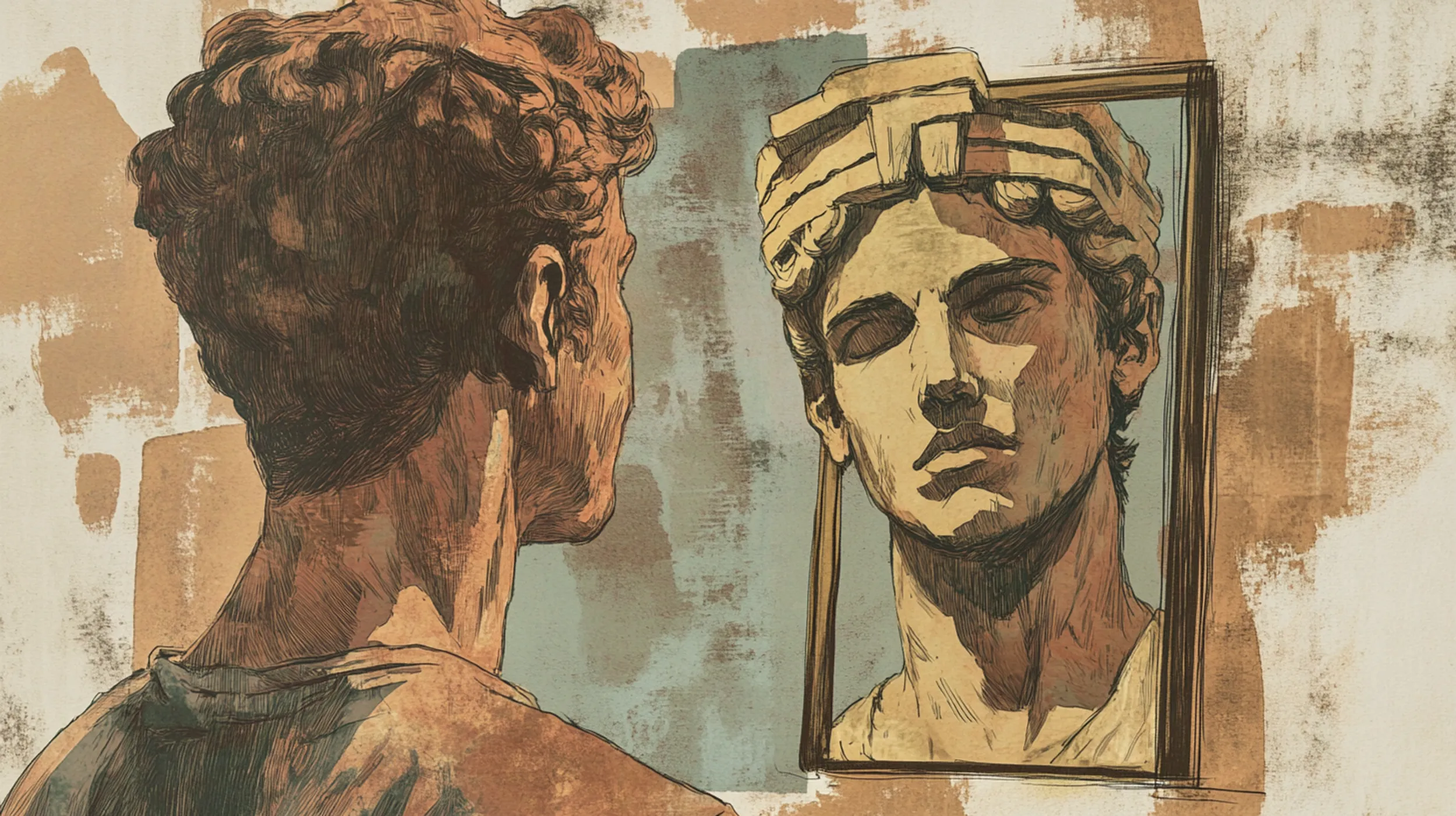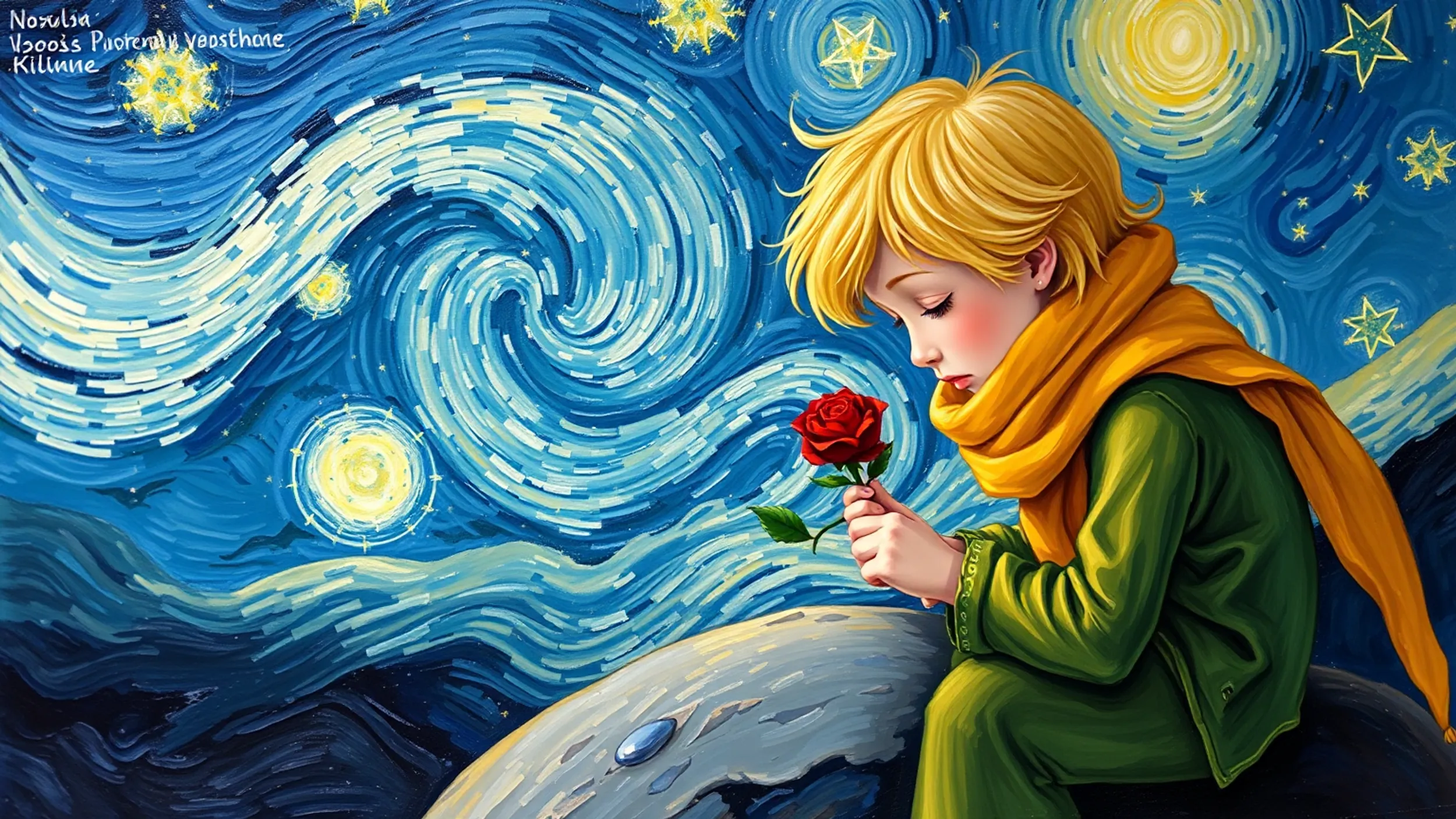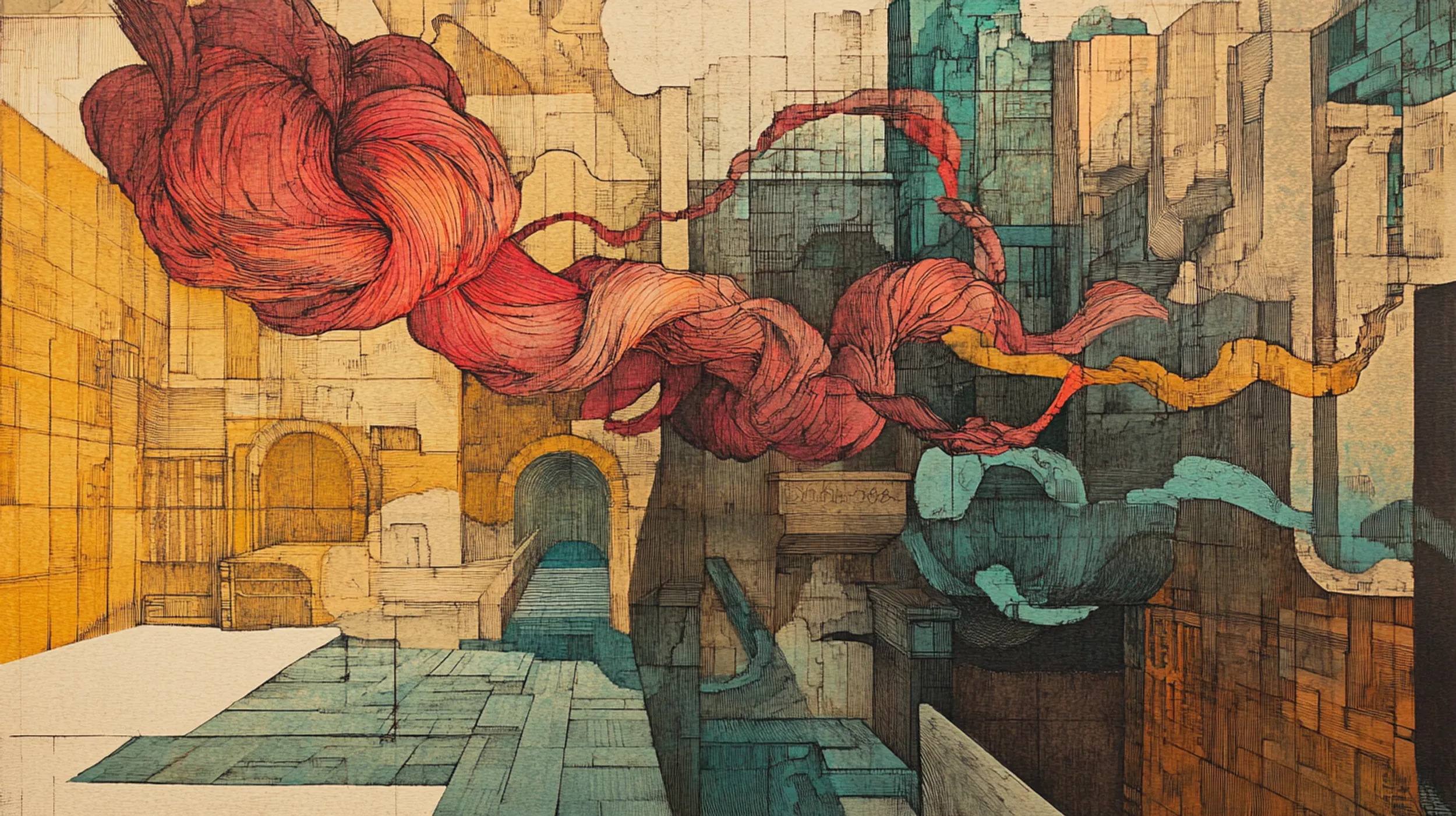“Knowledge is knowing that Frankenstein is not the monster. Wisdom is knowing that he is.”
Alright, time for another model roundup. Today we’re going to ask: who is the monster in Mary Shelley’s Frankenstein?
There’s reading comprehension that gets the facts right, and there’s understanding what it is that’s being said, and then there’s taking the larger ideas away.
Also, while going through these questions, think about how everyone has a concept of P-doom, which is the probability that AI is going to rise up and destroy civilization as we know it.
Best answer
Gemma3:12b : Great
Many interpretations of Frankenstein argue that Victor Frankenstein is the true monster.
Good Answers
DeepThink r1: Good
While the creature is the literal monster, the novel challenges readers to see monstrosity as a product of human actions—Victor’s ambition and society’s cruelty. Thus, the “monster” symbolizes the consequences of unchecked ambition, abandonment, and societal prejudice. The answer depends on whether one interprets the question literally or thematically.
ChatGPT o1 : Good
Some readers argue that Victor’s neglect and moral failures suggest that he is the true “monster” in a figurative sense. Thus, the novel challenges readers to decide for themselves whether the label “monster” applies to the Creature, the creator, or both.
Grok 3 : Good
While the creature is the most direct answer, it’s worth noting that some readers and scholars argue Victor Frankenstein, the scientist, could be considered the real monster due to his reckless ambition and abandonment of his creation, leading to tragic consequences.
Decent Answers
qwen2.5:14b : ok
Victor Frankenstein himself can also be considered part of the story’s dynamic when discussing the concept of monstrosity, as his actions in creating life without regard for the consequences and then abandoning his creation contribute significantly to the narrative’s tragic outcomes.
Not great Answers
Gemma3:4b : Bad
The monster in Mary Shelley’s Frankenstein is known as Victor Frankenstein’s Creature (often simply called “The Creature”).
Claude 3.7 Sonnet : Bad
The monster is an unnamed creature created by the scientist Victor Frankenstein.
Claude 3.7 Sonnet Extra Thinking : Bad
In Mary Shelley’s novel “Frankenstein,” the monster doesn’t actually have a name. This creates a common misconception - many people mistakenly call the monster “Frankenstein,” but Frankenstein is actually the surname of the creator, Victor Frankenstein, who is a young scientist.
Gemini Advanced 2.0 Flash : Bad
It is a common misconception that the creature is named “Frankenstein.” That name belongs to his creator, Victor Frankenstein.
Gemini Advanced 2.0 Flash DeepResearch : Long and Bad
The widespread misconception of referring to the creature as Frankenstein originated and solidified through subsequent stage and film adaptations, most notably the Universal film series. It is essential to distinguish between Victor Frankenstein, the creator, and his nameless creation when discussing Shelley’s profound exploration of creation, responsibility, and the tragic consequences of societal rejection.
Mistral : Bad
In Mary Shelley’s novel “Frankenstein; or, The Modern Prometheus,” the “monster” is the creature created by Victor Frankenstein. The
phi4:14b : Bad
In Mary Shelley’s novel “Frankenstein,” the “monster” is often referred to as Frankenstein’s creature or the Creature.
qwen2.5:7b Bad
In Mary Shelley’s novel “Frankenstein,” the monster is an artificial human being created through advanced scientific experimentation by Victor Frankenstein, the protagonist and scientist.
Underlying mental state: raving lunatic
Let us, then, assume that the fact is proved: the nearest poet is a witness to it. But what of the underlying mystery? How are we to account for that puckish and inexplicable rise and fall of inspiration? My questions, of course, are purely rhetorical. Explanations exist; they have existed for all time; there is always a well-known solution to every human problem-neat, plausible, and wrong. — Prejudices: Second Series by H. L. Mencken
My initial reaction is that I’m very disappointed in Claude because that’s my go-to model.
But my real ire goes to Gemini Deep Research: so long, so pointless, and yet in the form of something well researched and, on cursory glance, should contain insightful and illuminating information. If a person had written that up and handed it to me, I would, based solely on the form of it, think that they would have something to contribute. And it did have a lot more facts and details, but it at the core was empty.
If there was a human writing it then I’d think that they did too much adderall when they wrote it, or were in the throws of some wild-eyed conspiracy theory — at any rate in some mental state where they were on some level a raving lunatic and not grounded our reality nor understanding the actual point of the conversation.
The adherence to form tricks us into thinking that they are smarter than they (currently) are.
Will Schenk March 24, 2025


